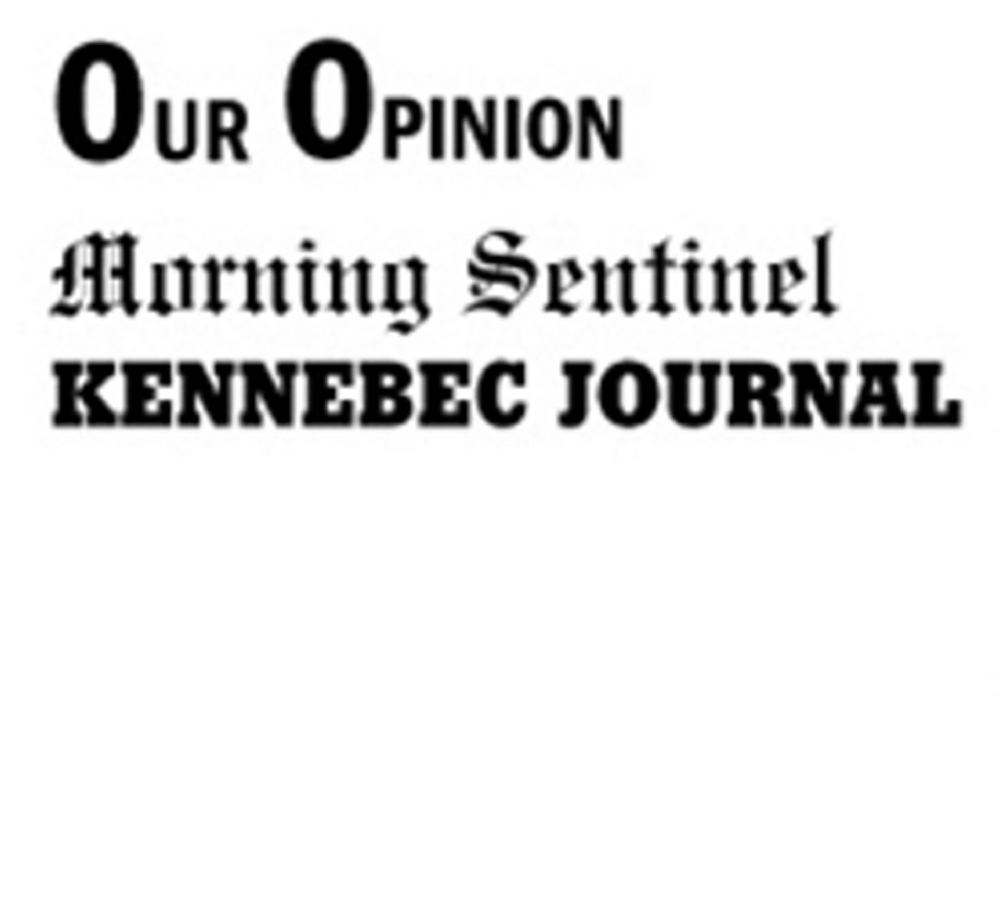There’s no limit to the amount of money that can be spent in support of a candidate, as long as that spending is not coordinated with the candidate’s campaign.
But since any level of coordination can deepen the impact of each dollar, and because coordination, as it pertains to campaign finance law, is ill-defined and under-policed, it’s no surprise that campaigns and donors push the limits of the law.
That’s bad news for democracy, because every time the boundaries are stretched on our already weak laws, elections become less about the voices of everyday voters and more about the wishes of big-money donors.
Just the latest example is a confidential agreement signed by U.S. Rep. Bruce Poliquin, R-2nd District, and 22 other Republican congressmen agreeing to disclose their legislative agenda and its “political justification” to the National Republican Congressional Committee in exchange for financial support during the 2016 campaign.
The sharing of some information between the candidates and the national party committee is expected and common.
But the contract, its level of detail, and its requirements appear to go beyond what is normal, and raise questions over whether the coordination between the candidates and the NRCC oversteps the law.
If that is found to be the case, the NRCC would be limited to about $47,200 in coordinated campaign activity and a $5,000 donation for each candidate. In contrast, it spent nearly $1.3 million to help elect Poliquin last year.
That variation gives the NRCC every incentive to coordinate with candidates as much as possible without getting caught crossing a line, a fairly easy task given how easy the federal election rules are to work around.
It’s the same incentive that applies to the super PACs, or political action committees, that have risen in power and wealth in the wake of the Citizens United decision, which gave these groups, run by outside interests, the ability to spend unlimited money in an election.
Indeed, the money spent by super PACs has increased ten-fold since the Citizens United ruling, to more than $500 million in the 2014 election.
And it is likely the rise of super PACs, which now wield significant influence over candidates, that led to the aggressive action by the NRCC.
That arms race has created a system that caters to deep-pocketed donors, on both sides of the aisle.
These donors can give as much as they want to the parties’ independent expediture groups and the super PACs, who are by the intent of the law only allowed to spend without the input of any campaign or candidate.
That makes the limits on coordination the only levee against the rising tide of big money in politics.
These limits offer little protection, but following Citizens United, they are all the system has to keep the influence of just a few wealthy people, on both side of the aisle, from drowning out the voices of the many.
If our democracy is going to endure, we have to find a way to stop the flow of money in politics. But for now, we can start by tightening the rules on coordination, and making sure they are followed.
Copy the Story LinkSend questions/comments to the editors.



Success. Please wait for the page to reload. If the page does not reload within 5 seconds, please refresh the page.
Enter your email and password to access comments.
Hi, to comment on stories you must . This profile is in addition to your subscription and website login.
Already have a commenting profile? .
Invalid username/password.
Please check your email to confirm and complete your registration.
Only subscribers are eligible to post comments. Please subscribe or login first for digital access. Here’s why.
Use the form below to reset your password. When you've submitted your account email, we will send an email with a reset code.